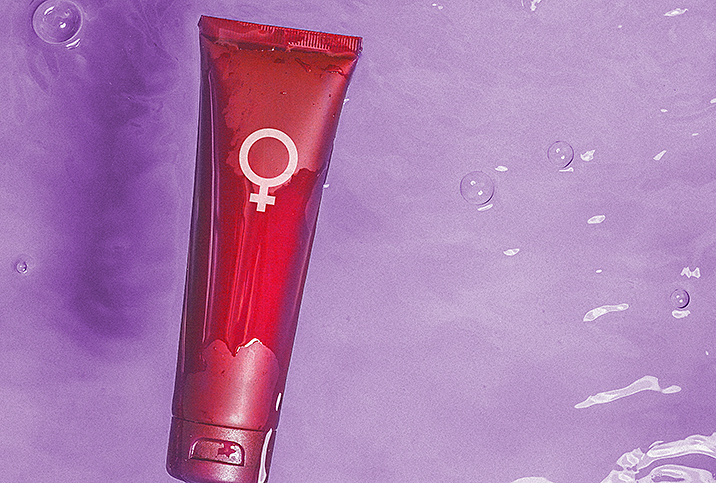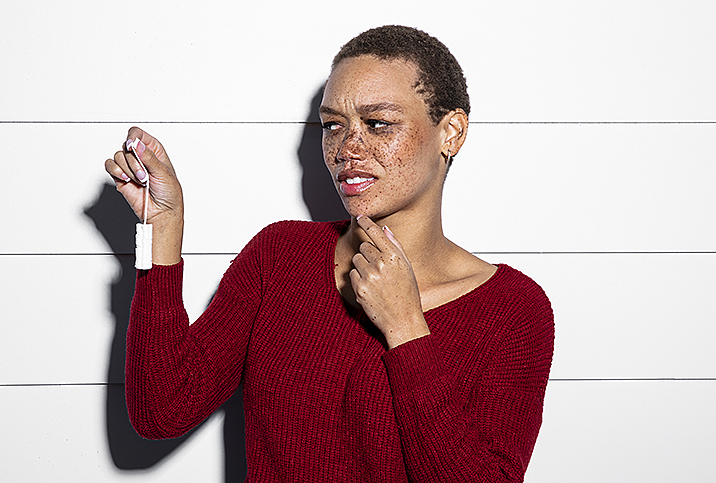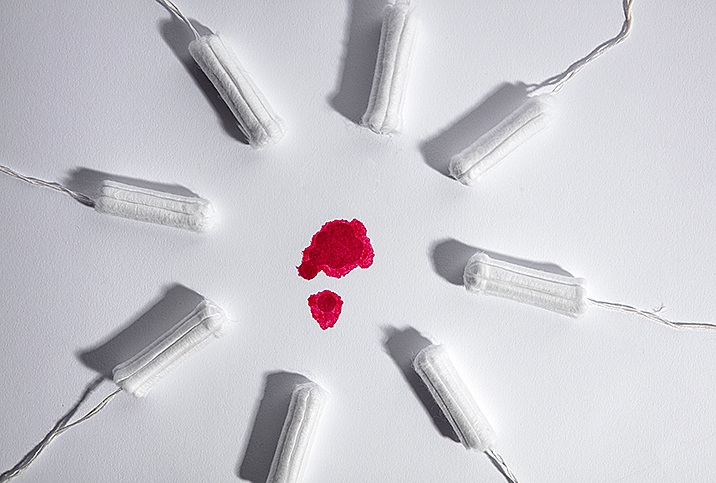Women's Hygiene Products: Myths & Misconceptions

Walk the aisles of a pharmacy or spend a few minutes watching TV commercials and you'll be hard-pressed not to see advertisements for some new feminine hygiene product, or a sales pitch for a classic product with a new twist. But as the marketing pitches blend in facts and figures, and clever photography takes your attention away from what's actually being said, it's sometimes difficult to cut through to the true narrative and answer the question: Is this a product I want near my precious body?
Here, we'll discuss the most common myths associated with feminine hygiene products and look at what's real and what's not.
Myth: I need to douche to keep my vagina clean.
Reality: For decades, women have been told they need to douche to clean their vagina after sex, after their periods or to get rid of any unwanted scent. But in reality, nearly all medical experts as well as the American College of Obstetrics and Gynecologists recommend against douching. This is because the vagina is home to a delicate ecosystem of good and bad bacteria that help maintain a healthy pH level and an overall healthy environment.
Douching disrupts this system, gets rid of the good bacteria, and can lead to a variety of health problems as a result. The vagina actually has self-cleaning mechanisms, so all you really need is a little soap and water to clean yourself externally around the vulva, and you're good to go!
Myth: Vaginal melts are a great solution to vaginal dryness.
Reality: Vaginal dryness can be a serious damper on intimacy, making sex unenjoyable and, in some cases, even painful. So it's understandable that many women find themselves looking for an easy solution to vaginal dryness.
Recently, vaginal melts have risen in popularity, even going viral on social media apps like TikTok for their claims of adding moisture and sometimes even artificial flavor to the vagina for sex. These products typically contain natural oils with added scents and flavors.
However, some medical experts have recommended against using vaginal melts, because most are not approved by the Food and Drug Administration (FDA) and they also have the potential for disrupting the vagina's natural pH levels, which in turn can lead to a variety of bacterial or yeast infections.
When choosing a lubricant, check to see if it's an oil-based product as that can damage latex condoms, making them a much less reliable form of protection during sex.
If vaginal dryness is a consistent problem for you, consider talking to your doctor about it. A variety of safe treatments are available to help with this issue.
Myth: It's important to use special cleansers for my vaginal area.
Reality: In my local supermarket, the women's body wash aisle has an entire section dedicated specifically to vaginal cleansers. Every product claims they are gentle enough for your vagina and effective at balancing your pH levels to get rid of odors.
But listen to the medical experts: These products are simply unnecessary and the chemicals can cause more harm than good when it comes to your pH levels.
As discussed earlier, the vagina is a self-cleaning ecosystem that requires little external maintenance to keep the pH levels exactly where they should be. If that ecosystem is disrupted and your vaginal pH level is thrown off, it can lead to infections and other uncomfortable health problems.
Normal mild or unscented soap or body wash should be sufficient to keep you clean externally, and leave your body aligned to keep your vagina clean on the inside. If you do have a strong or foul odor coming from your vagina, talk to your doctor immediately, in case you have an infection. This is a time to deal with the problem with appropriate treatment rather than masking and potentially worsening the condition with pH-altering products.
The moral of the story is that your vagina doesn't need fancy products with sophisticated marketing in order to be healthy. In fact, these products might even cause more problems than benefits. And always talk to your doctor if you have any concerns about the health of your vagina.

















